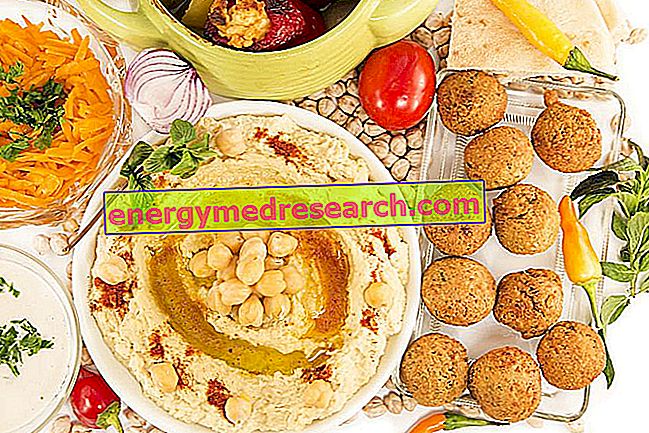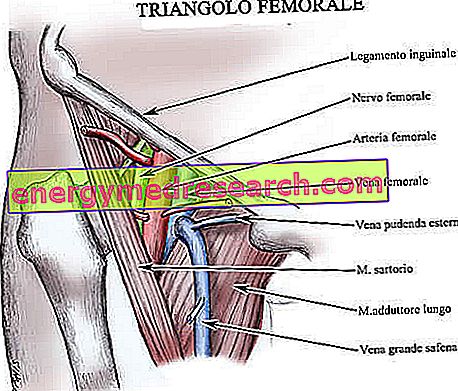
In Lebanon and Syria
In "Vegetarian Dishes from the Middle East", Arto der Haroutunian defines the hummus: "one of the most popular and well-known Syrian dishes" and a "must on any mezzeh table".
The Syrians, in the Arab Canadian diaspora, prepare and consume the hummus to accompany other dishes such as: falafel, kibbe and tabouleh ; this still happens in the third and fourth generation compared to the immigrant one.
In Israel
Hummus is a common ingredient in many daily meals of Israel.
One of the main reasons for its spread is that it respects the Jewish dietary rules of the Kosher. It is combined both with meat and with dairy products; few other recipes can be associated with such a wide variety of ingredients while remaining consistent with the aforementioned dietary laws. Furthermore, it appears to be equally popular among Jews and Arabs in Israel.
According to data published by "Tsabar Salads", a producer of hummus, Israelis consume more than twice as much as the surrounding Arab countries. Not by chance, here the hummus has been proposed as the "national symbolic food".
About this great popularity, Gil Hovav, an Israeli food editor interviewed on the BBC program "Cooking in the Danger Zone, " said that "during the years of the Intifada, Jews would hide in the Muslim neighborhood just to draw on the hummus "; furthermore, he noted that "like many other dishes considered to be Israeli national foods, even the hummus is actually of Arab origin".
One of the most elaborate versions of hummus is hummus masabacha, made with tahini, lemon juice, whole chickpeas, paprika and a drizzle of olive oil. Hummus is offered both in restaurants and in supermarkets; there are commercial activities established only on the proposal of hummus (known in Hebrew as humusiot ).
In Palestine and Jordan
For Palestinians and Jordanians, hummus has been a staple food for all main meals for a very long time (served hot on bread).
All the hummus ingredients are easily found in Palestinian gardens, farms and markets, favoring the availability and popularity of the recipe.
In Palestinian areas, hummus is generally garnished with olive oil, "dwarf" mint leaves, chilli, parsley or cumin.
A popular dish related to the hummus typical of the Palestine and Jordan regions is the Laban ma 'hummus, which includes yogurt instead of tahin and butter instead of oil, and is enriched with pieces of toasted bread.
In Turkey
In Turkey, hummus is considered an ingredient of meze and, unlike traditional service, is often dried and accompanied with pastirma.



